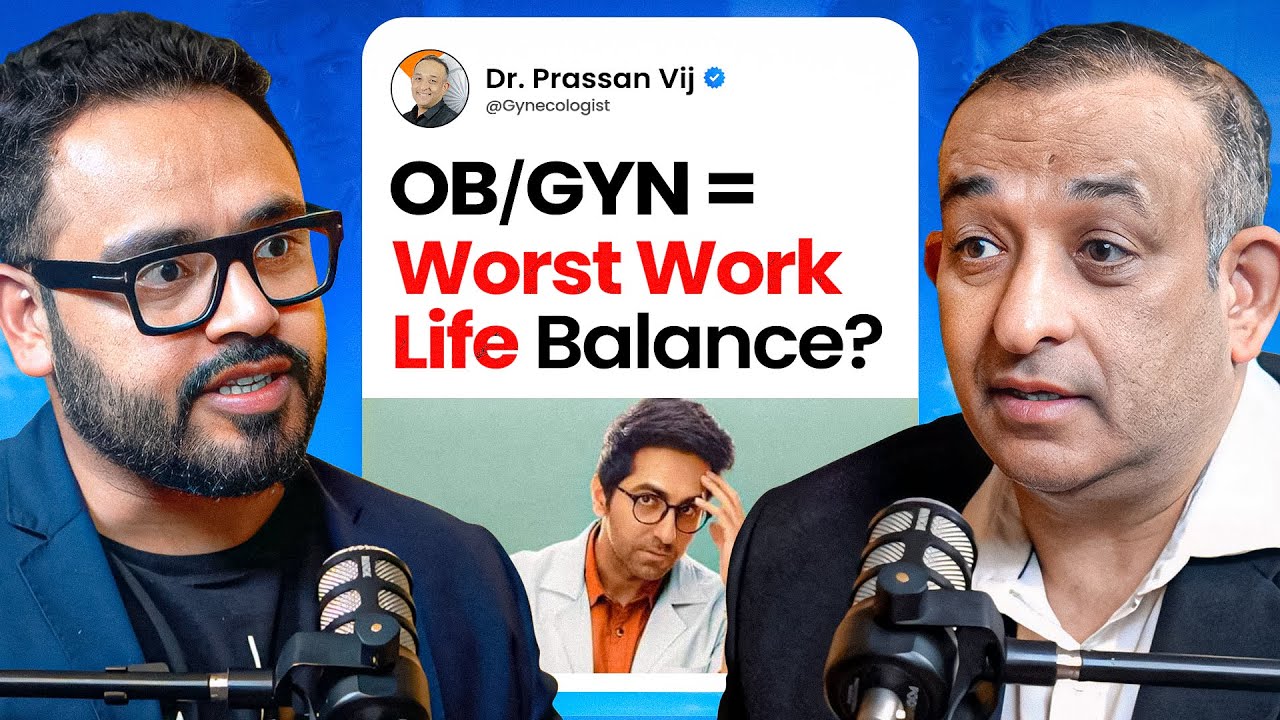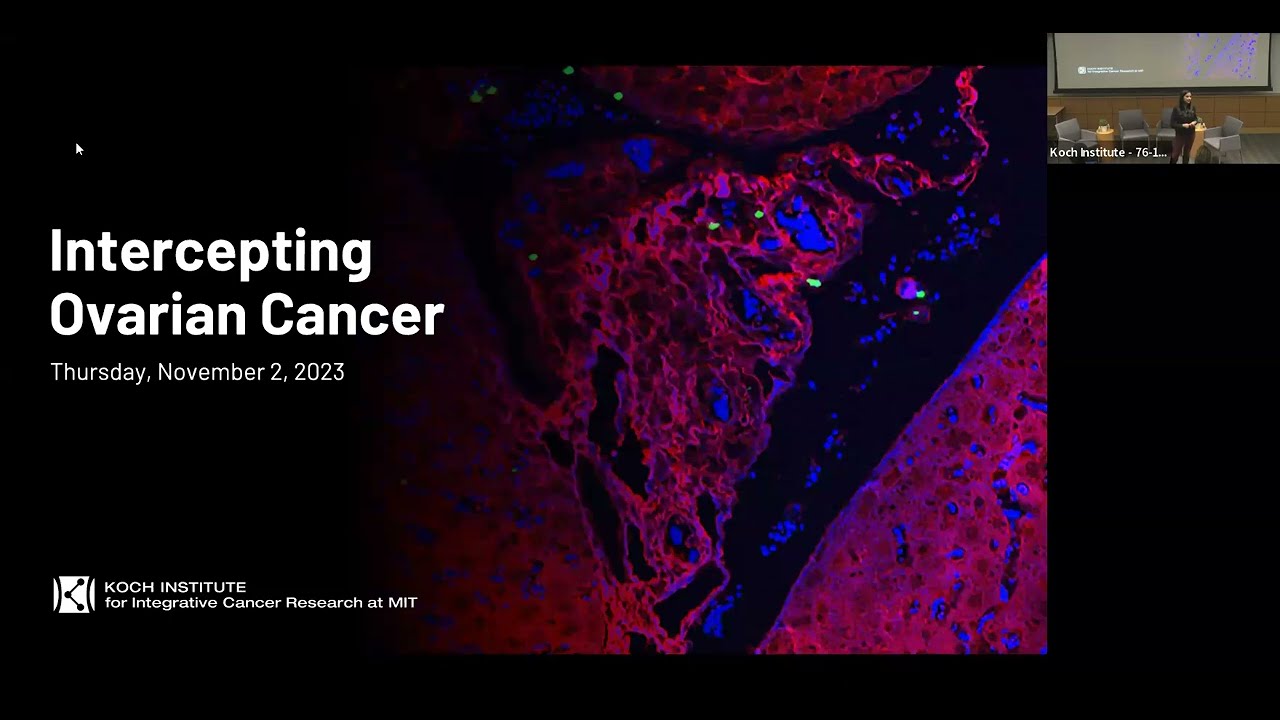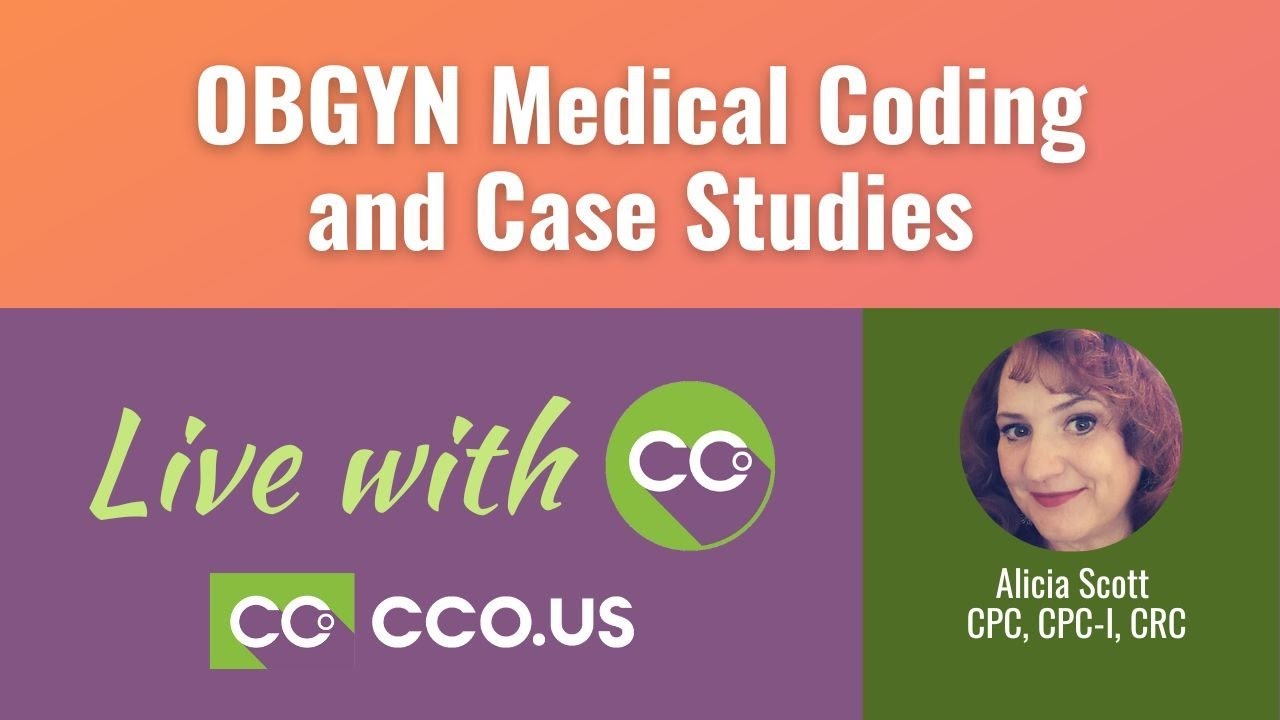The Ob/Gyn Channel
NEW YORK (Reuters Health) – A meta-analysis of 25 studies has confirmed an increased risk of cancer among children born after fertility treatment.
However, “Our results do not rule out that factors related to underlying subfertility, rather than the procedure itself, are the most important predisposing factors for childhood cancer,” the investigators point out.
In their report, they explain that relatively few studies of outcomes among children born after fertility treatments have looked at possible long-term adverse effects – one of which could be childhood cancer.
Dr. Susanne Kruger Kjaer, with the Danish Cancer Society Research Center in Copenhagen, and colleagues therefore conducted a meta-analysis of 25 cohort and case-control studies of all types of medically assisted reproduction (MAR) and the risk of childhood cancer.
The team found that the risk for all cancers was a one-third higher in children born after MAR relative to children born without reproductive intervention; ie, the relative risk was1.33.
Regarding cancer sites, MAR was associated with an increased risk of CNS tumors (RR = 1.88), other solid tumors (RR = 2.19), and hematologic cancers (RR = 1.59).
The investigators note that the absolute risk for cancer in children born after fertility treatment is low. In Denmark, for example, 9% of children are born after MAR. If this is related to a 33% increased risk of cancer, the population-attributable risk fraction would be 2.9% — which translates to 4.4 additional cases of childhood cancer annually in Denmark.
For specific cancer types, the meta-analysis indicated that there was an increased risk of leukemia (RR = 1.65), neuroblastoma (RR = 4.04) and retinoblastoma (RR = 1.62). “The results for both neuroblastomas and retinoblastomas should be interpreted with caution because of the small number of studies,” the authors advise.
As mentioned, they also remain uncertain whether the associations found are related to fertility treatment or to the underlying subfertility, especially as this issue was addressed in only two of the studies. “Both were case-cohort studies in which the effects of fertility treatment were compared within a cohort of subfertile mothers,” the authors explain. “Neither study found a statistically significant association between fertility treatment and cancer; however, they were based on only seven and 15 exposed cases.”
Given the limitations of their study, Dr. Kruger Kjaer and colleagues say, “Future large cohort studies with sufficient follow-up time and an adequate control population (i.e., children of couples with fertility problems conceived without fertility treatment) are needed.”
Furthermore, they add, “Complementary laboratory research on specific culture conditions, fertility hormones, and gene imprinting will be crucial for gaining a better understanding of the processes potentially linking fertility treatment with childhood cancer.”
SOURCE: Fertility treatment and childhood cancer risk: a systematic meta-analysis
Fertil Steril 2013.






